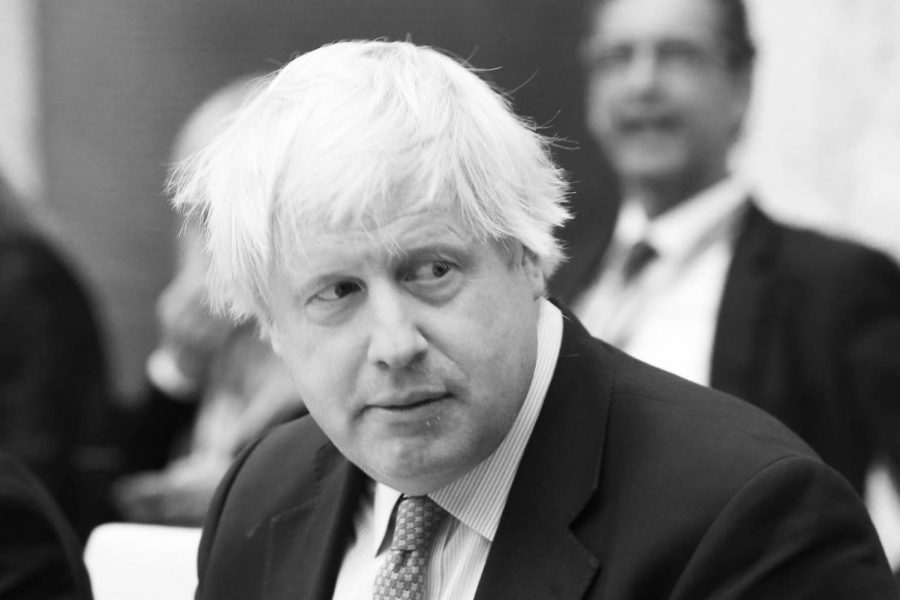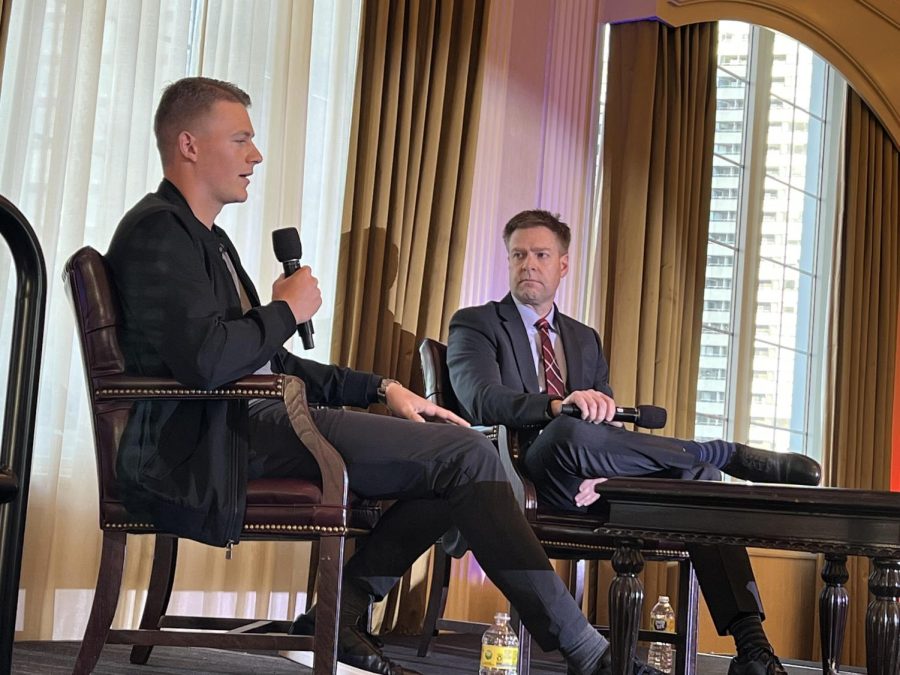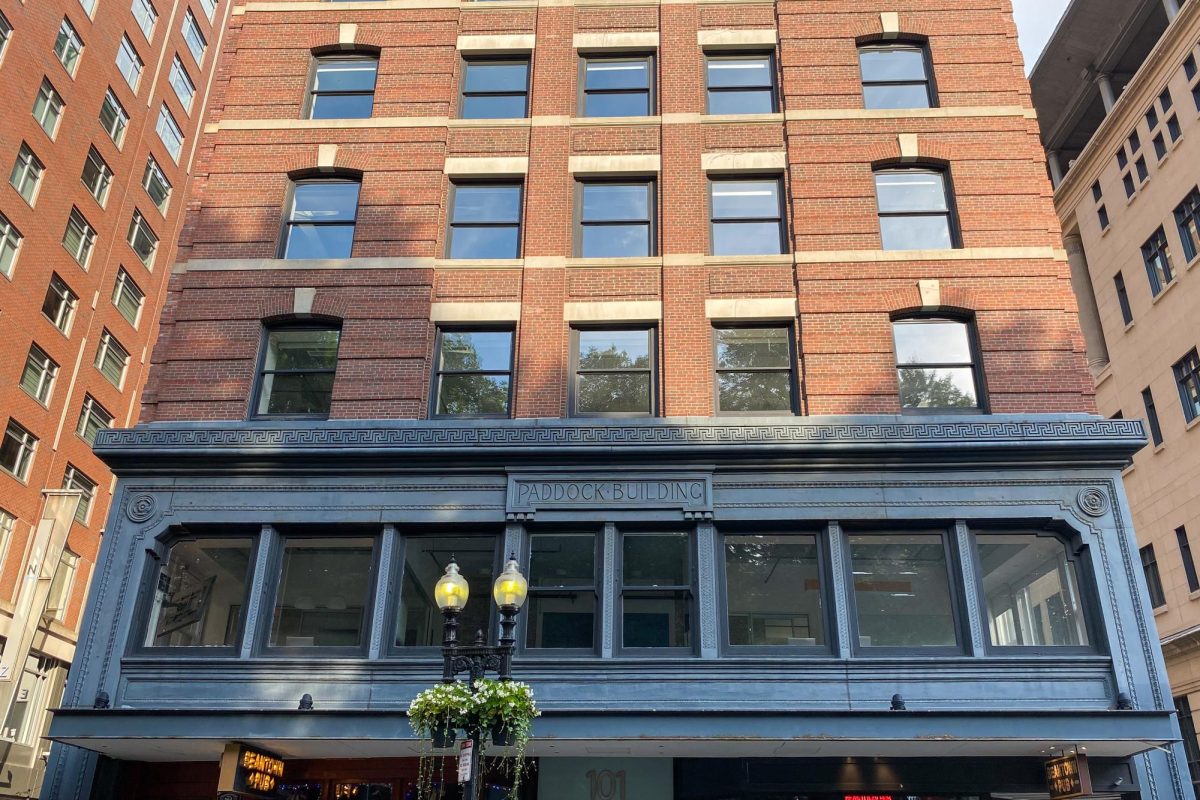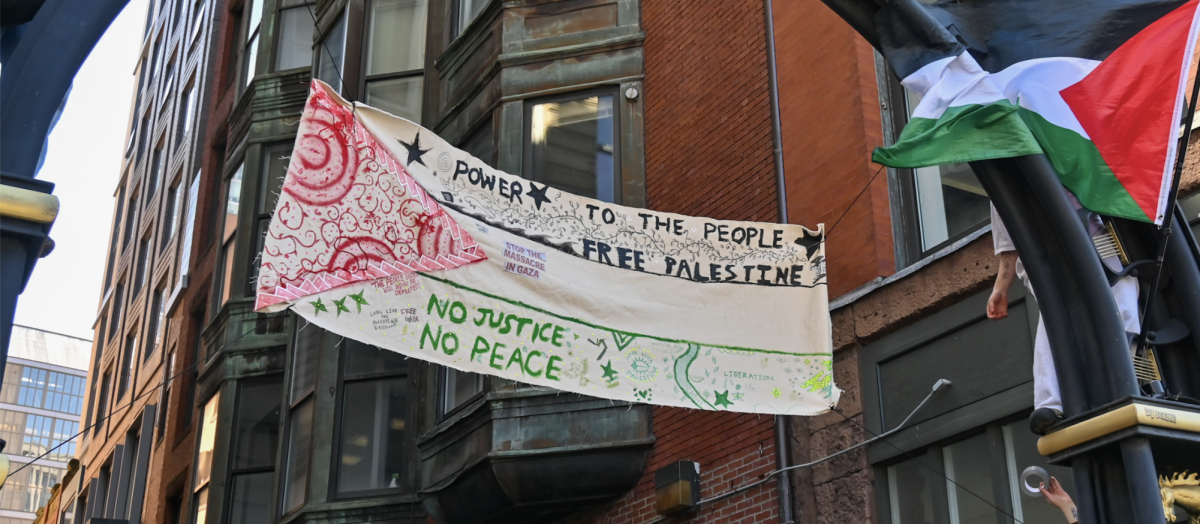Brexit Day on Friday Jan. 31, 2020 marked the U.K.’s formal departure from the EU and the beginning of a transitional period that will conclude in 2021.
“In the short term nothing will change. There is a long transition period but over time some things will change,” said Suffolk University Professor Kenneth Cosgrove of the Political Science and Legal Studies Department.
This transitional period is set to end on Dec. 31, 2020.
Britain’s split with the EU has its largest implications for travel and trade. Brexit has been calculated to result in a 4% to 9% smaller U.K. economy, as well as seeing major businesses leaving the U.K., according to The New York Times.
The end of the transitional period will mark the end of the U.K.’s current involvement in the EU’s customs union. The customs union is what makes the EU act as a single trade entity when making deals with other countries, like the United States. The U.K. will now act as an independent entity when making deals with other countries.
The U.K. will also leave the EU’s single market economy, which allows for goods, services, capital and people to move freely throughout the EU. Most importantly the single market removes tariffs, quotas and taxes on trade between countries in the EU.
These moves completely reshape the landscape of Europe’s economy, as the U.K. will now be on it’s own when making trade deals with other countries, including possibly making a deal with the EU itself, a topic of much contention within the U.K.
Cosgrove notes that the U.K. government “has to quickly negotiate free trade deals to make good on the promise of Singapore-on-Thames,” referring to the notion that a deregulated future for the U.K. could make it similar to the type of economy Singapore has.
“The USA is likely first on their list and some in the U.K. have suggested trying to build a global English-speaking trade bloc,” said Cosgrove.
The transitional period also marks the beginning of important talks between the U.K. and the EU that will deal with other issues such as law enforcement, access to fishing waters and supplies of electricity and gas according to the BBC.
Free movement will also come to an end, as the U.K. will essentially have a border it hasn’t had in decades. After the transition period, EU citizens will be unable to move to-and-from the U.K. freely and will have to apply if they intend to move to the U.K. or stay there if already living in the country.
“Border controls need to be set up in a way that doesn’t disrupt supply chains and has limited impact on the ability of people to cross the border,” said Cosgrove. “Residence permits are a separate issue from that.”
Charles Gobert, legal studies major and secretary of the Suffolk Model United Nations, explains Brexit’s overall impact.
“Generally speaking it’s not just Brexit itself that causes the impact, it’s who will be leading it. Boris Johnson is a far-right figure, and a close friend of Trump,” said Gobert. “Brexit under him and Brexit under Jeremy Corbyn (Labour Party leader who lost to Boris Johnson) would’ve been very different.”
Brexit was first voted on June 23, 2016, when the campaign to leave the EU won 51.9 to 48.1, a margin of 1.3 million votes, according to BBC. Brexit Day has been pushed off twice, the first scheduled for March 29, 2019, which was pushed off until Oct. 31, 2019 after proposed deals by Prime Minister Theresa May twice failed to get through the House of Commons, the U.K.’s parliament.
As the Oct. 31 Brexit Day approached, the House of Commons again could not agree on new Prime Minister Boris Johnson’s Brexit deal. Brexit was again delayed until Jan. 31, 2020. Members of Parliament backed Prime Minister Johnson’s current exit plan by majority 124 votes in Dec. 2019.
Brexit as a term has its origins traced back to 2012, when it was coined by Peter Wilding, founder and director of the British Influence think tank. Wilding wrote the phrase in May 2012, 8 months before then Prime Minister David Cameron announced a referendum would be held.
The word rose in popularity in 2016 around the time of the referendum, spawning companies using the word in trademarks such as Brexit Biscuits, Brexit the Musical and Brexit the Board Game per the BBC.



















